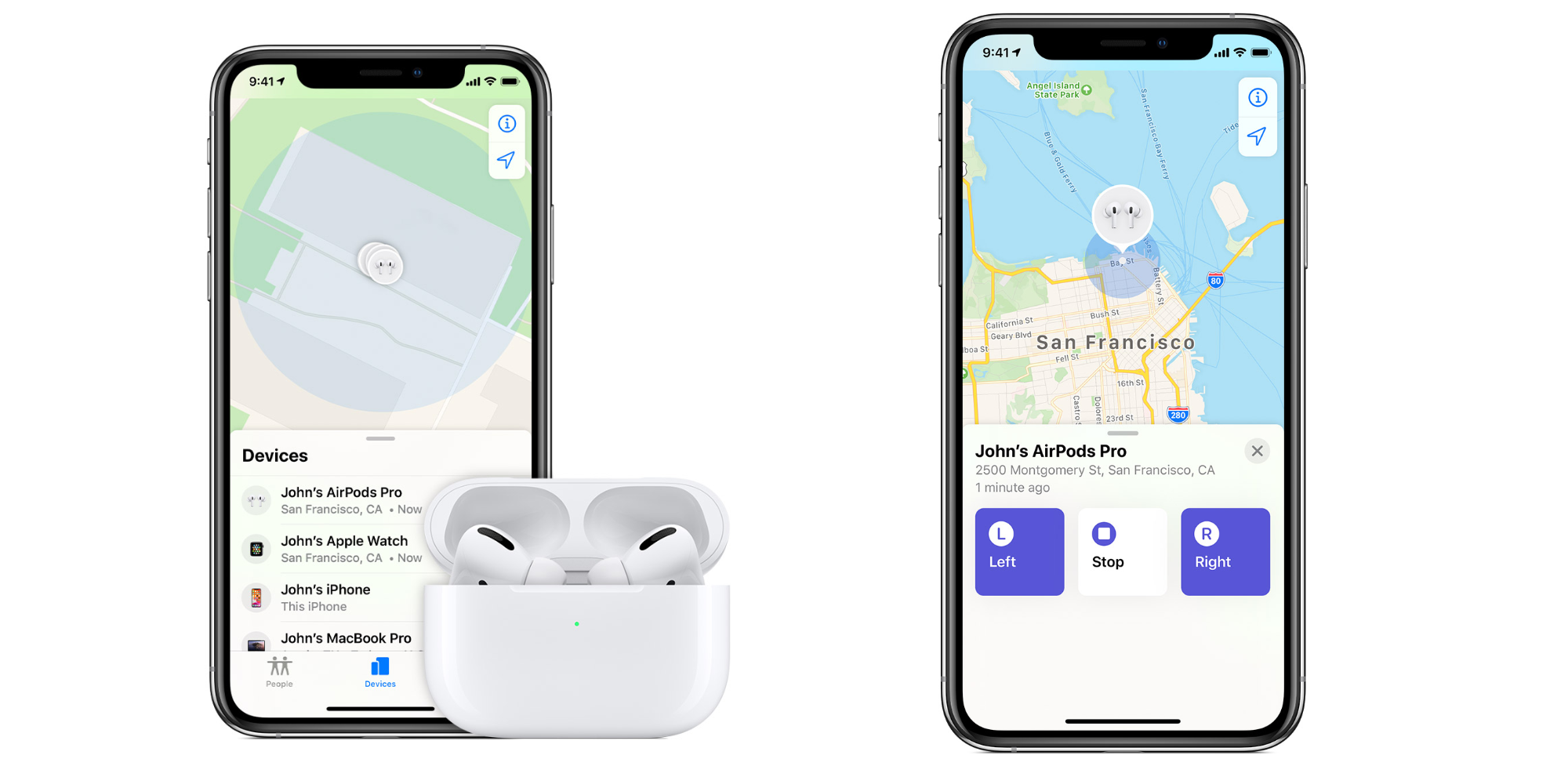In recent years, the landscape of mobile applications has undergone a seismic shift, with artificial intelligence (AI) emerging as a pivotal force in redefining user experience and functionality. The integration of AI into mobile apps has not only enhanced the capabilities of these applications but has also paved the way for a new era where AI could potentially replace traditional apps altogether.
Key Highlights:
- AI mobile apps have generated over $14 million in consumer spending in 2023, with ChatGPT and OpenAI technologies driving demand.
- The growth in AI app innovation, particularly in intelligent chatbots and AI-enabled search engines, has captured significant public attention.
- AI applications have expanded across various domains, including virtual assistants like Siri and Google Assistant, education through apps like Duolingo and ELSA Speak, personal finance, and health and wellness.
- Despite the rapid adoption, concerns regarding the accuracy, cybersecurity, and ethical implications of AI remain prevalent.
The AI Revolution in Mobile Apps
AI has been at the forefront of technological innovation, with its influence permeating through various sectors. The mobile app industry, in particular, has witnessed a surge in AI integration, leading to transformative changes in how apps are developed, marketed, and utilized.
Consumer spending on AI mobile apps has skyrocketed, with the top 10 AI apps accumulating over $14 million in revenue in 2023 alone. This surge is largely attributed to the growing consumer interest in AI chatbot experiences and the recognition of AI’s potential to enhance app functionality and user engagement.
AI’s foray into mobile apps has been marked by significant milestones, such as the introduction of ChatGPT by OpenAI, which garnered 100 million users shortly after its launch. This demonstrates a clear shift towards intelligent chatbots capable of performing a wide array of tasks, from answering queries to generating creative content.
The Broad Spectrum of AI Applications
The application of AI in mobile apps spans various domains, each benefiting from AI’s capabilities in unique ways:
- Virtual Assistants: Siri and Google Assistant have become integral to the iOS and Android ecosystems, respectively, offering users a wide range of functionalities, from performing internet searches to controlling smart home devices.
- Education: AI-powered educational apps like Duolingo and ELSA Speak offer personalized learning experiences, adapting to each user’s performance to optimize lesson plans.
- Personal Finance: Apps like Ally Financial and Cleo leverage AI to provide personalized financial advice and budgeting assistance, demonstrating AI’s potential to revolutionize personal finance management.
- Health and Wellness: Meditation apps like Calm and fitness apps like FitnessAI utilize AI to offer personalized recommendations and workouts, showcasing AI’s role in promoting physical and mental well-being.
Despite these advancements, the adoption of AI is not without its challenges. Concerns about AI’s accuracy, potential for bias, and cybersecurity risks have prompted calls for more robust governance and risk mitigation strategies. Only a fraction of organizations using AI have established comprehensive policies to address these issues.
The Economic Impact and Ethical Considerations
The economic implications of AI in mobile apps are profound, with the AI app sector projected to continue its rapid growth. However, this growth brings to the forefront ethical considerations, particularly regarding privacy, data security, and the potential displacement of jobs.
As AI continues to evolve, it will be crucial for developers, businesses, and regulatory bodies to navigate these challenges thoughtfully, ensuring that the benefits of AI are harnessed responsibly and equitably.
The integration of AI into mobile apps represents a significant leap forward in the evolution of technology, offering unparalleled convenience, efficiency, and personalization to users. However, as we stand on the brink of this new era, it is imperative to address the ethical and security concerns associated with AI to fully realize its potential without compromising on the values of trust and privacy. The journey of AI in mobile apps is just beginning, and its trajectory will undoubtedly shape the future of technology in ways we have yet to imagine.

















